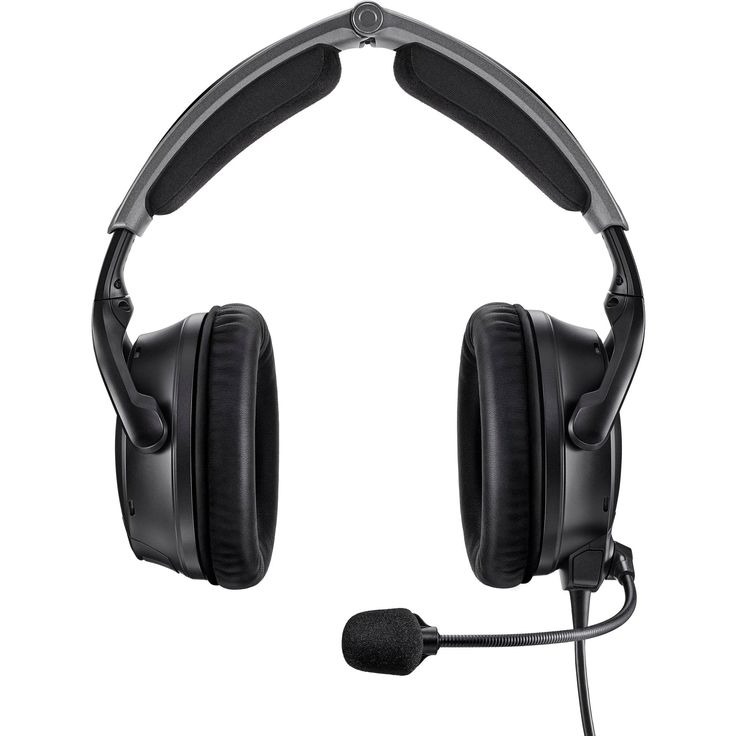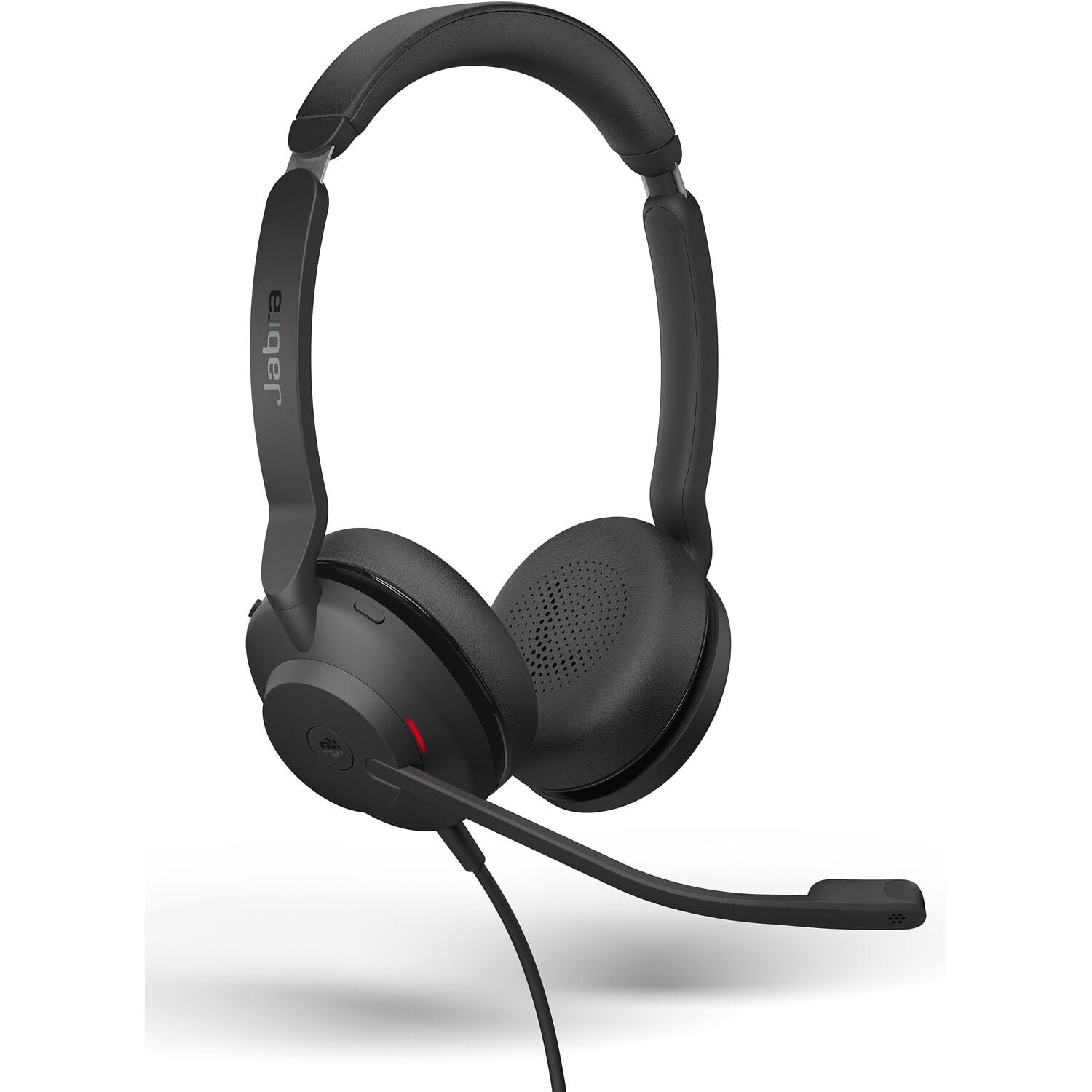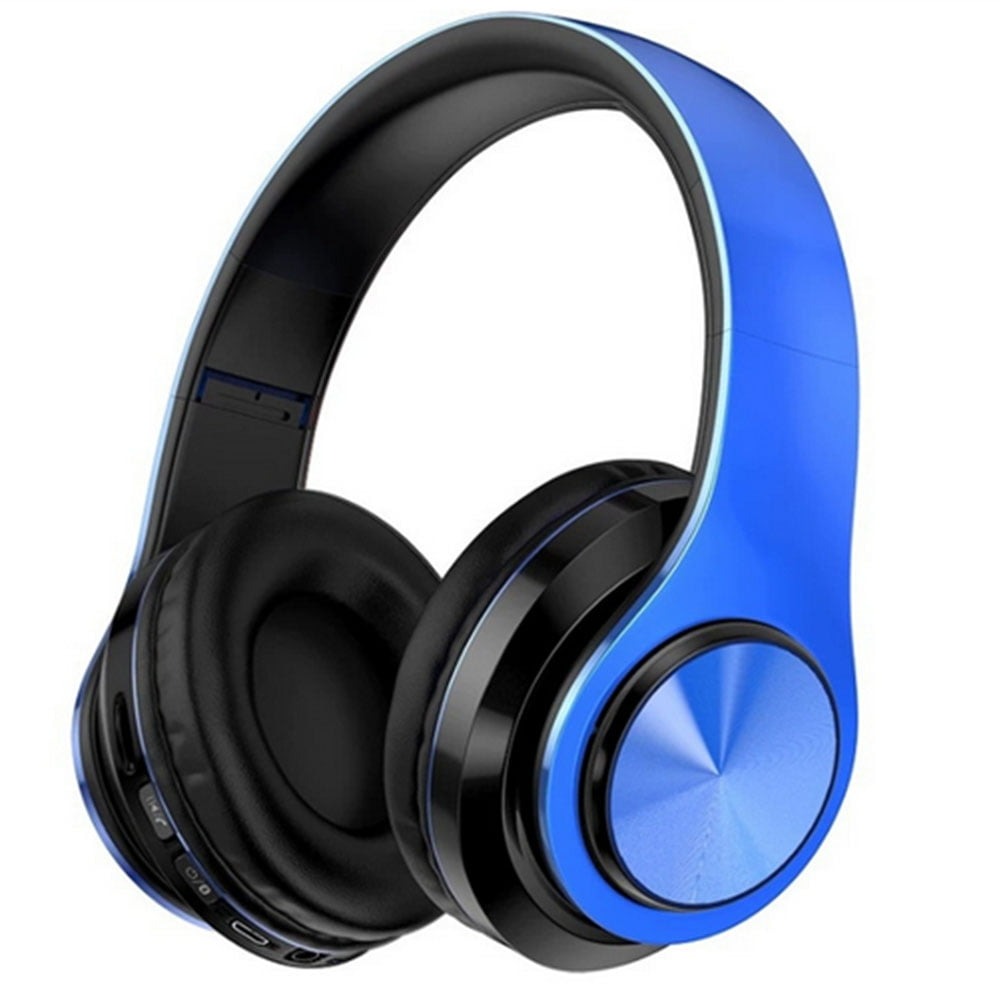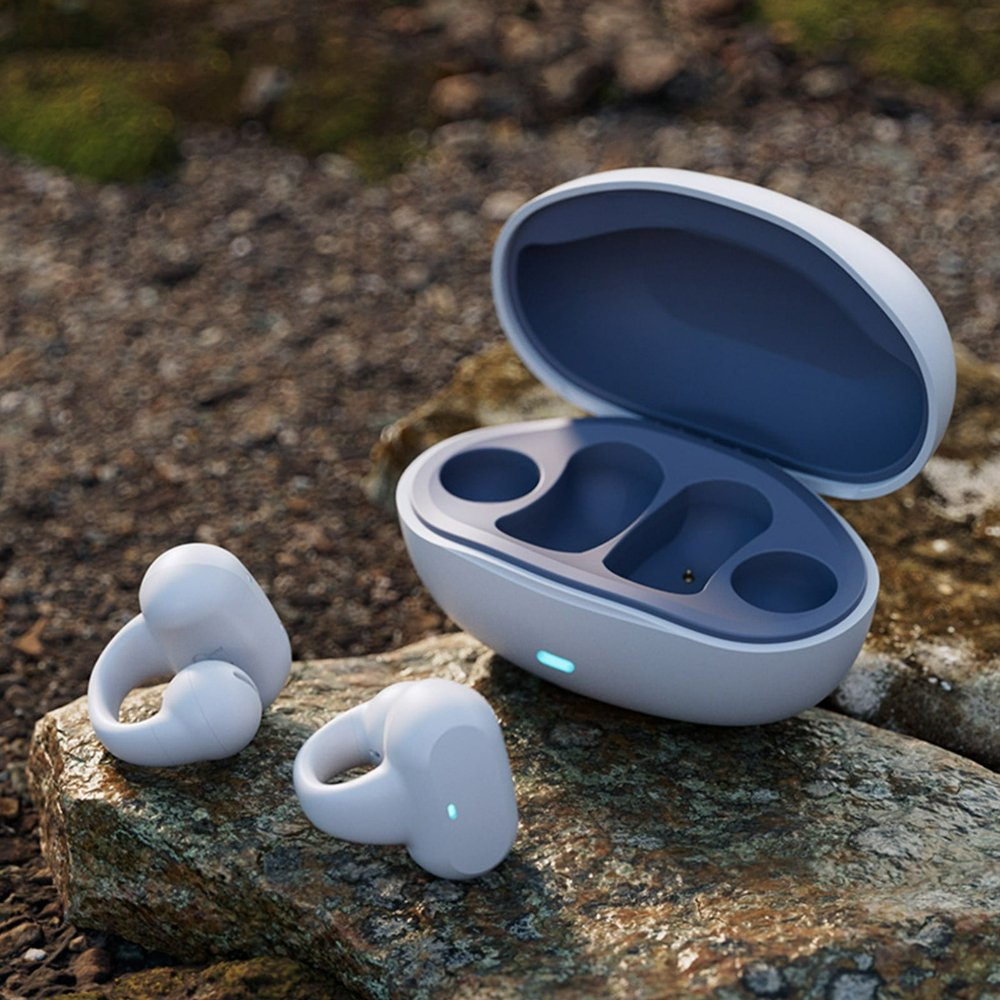The Importance of High-Quality Office Headsets
In the fast-paced office environment, effective communication is vital. High-quality headsets for office phones amplify this by ensuring clear audio. This clarity prevents misunderstandings and repeated conversations, saving valuable time. Additionally, poor sound quality can lead to increased stress as users strain to hear.
High-quality headsets also contribute to better voice call handling. They can improve focus by blocking out office noise. This is key in open-plan offices where distractions are common. With better concentration, employees can offer higher service levels to clients.
Durability is another benefit of quality headsets. Offices are dynamic spaces. Headsets can get dropped or yanked from desks. Those made from robust materials withstand daily wear and tear, ensuring a longer lifespan. This makes them a smart, long-term investment.
Lastly, high-quality headsets can support employee health. Features like adjustable headbands and padded ear cups can prevent neck and ear discomfort. This is crucial for employees who wear headsets for extended periods. In sum, outstanding office headsets play a critical role in business communications, productivity, durability, and employee well-being.

Wired vs Wireless: Which Type Suits Your Office Needs?
When choosing headsets for office phones, it’s crucial to consider whether wired or wireless options best suit your office’s needs. Both types come with distinct advantages and potential drawbacks.
Wired headsets are known for their reliability and consistency. They provide a stable connection that is unaffected by interference from other wireless devices. This can be especially important in crowded office environments. Additionally, they don’t require charging, so you can use them throughout the day without worrying about battery life. However, the cords can restrict movement and may contribute to a cluttered workspace.
Wireless headsets, on the other hand, offer freedom of movement. Users are not tethered to their desks and can roam around the office while still being connected to the call. This can be beneficial for multitasking and for employees who frequently move about the office. But, wireless devices depend on battery life, which means they need regular charging. They can also experience interference from other wireless signals, which may affect call quality.
When deciding between wired and wireless headsets, consider your office layout, employee work habits, and the need for mobility. Each office will have unique requirements that will influence this decision. Whether you choose wired or wireless, remember to prioritize clear communication, comfort, and reliability for the best office phone experience.
Essential Features to Consider When Selecting Headsets
When searching for the ideal headsets for office phones, several features are pivotal to consider. To make a well-informed decision, it’s essential to look beyond basic functionality. Here are some key attributes to keep in mind:
- Sound Quality: Unsurpassed audio clarity is a must for effective communication. Look for headsets with high-fidelity sound to minimize misunderstandings during calls.
- Comfort: Since employees may wear headsets for hours, comfort is crucial. Seek out models with padded ear cups and adjustable headbands to reduce discomfort.
- Microphone Performance: A noise-canceling microphone that filters out background noise is vital in busy office environments, ensuring that the caller’s voice is clearly heard.
- Ease of Use: Headsets should be user-friendly with intuitive controls for volume, mute, and call answer/end, facilitating a hassle-free experience for users.
- Range of Movement: If opting for wireless headsets, ensure they provide a sufficient range of motion. This allows employees to stay connected even while away from their desks.
- Battery Life: For wireless models, battery longevity is a key consideration. Select headsets that offer an ample battery life to support a full workday without recharging.
- Build Quality: Robust construction will extend the lifespan of headsets. Choose those built to withstand the rigors of office use.
By keeping these features in mind, choosing the right headsets for your office will be simplified, enabling seamless communication, enhanced productivity, and greater user satisfaction.

Top Recommended Headsets for Office Use
When outfitting an office with headsets, the plethora of options can be overwhelming. To assist in your selection, here are top recommended headsets for office phones:
- Monaural Headsets: Ideal for users who want to stay tuned to their surroundings. Monaural designs cover one ear, providing a balance between connectivity and awareness.
- Binaural Headsets: Best for noisy environments. They cover both ears and typically offer noise cancellation, allowing for focused communication without external distraction.
- Convertible Headsets: These versatile headsets can switch between monaural and binaural styles. Users have the flexibility to choose the configuration that best fits the situation.
It is vital to keep sound quality, comfort, and microphone performance at the forefront of your decision. Look for reputable brands that consistently receive positive feedback for reliability and user satisfaction. Additionally, consider headsets with easy-to-use controls, sufficient battery life for wireless models, and robust construction. Before making a purchase, make sure to verify the compatibility with your office phone system to ensure seamless integration.
By selecting from these top-recommended headsets for office phones, you will support clear communication, elevate efficiency, and enhance audio experience in your office.
The Role of Noise Cancellation in Office Headsets
Noise cancellation is key in busy offices. It lets employees focus without outside noise. Most office headsets now include noise-canceling features. These features block out chatter, machine sounds, and more. This leads to better call quality for both ends of the line.
Headsets for office phones with noise cancellation come in different forms. Some use passive noise control. This means they physically block noise from entering the ear. Others have active noise canceling (ANC). ANC headsets use technology to cancel out the sound waves from ambient noise.
ANC benefits are clear. They help in maintaining concentration in noisy spaces. This is essential when attention to detail is critical on calls. Also, they reduce the strain of trying to hear over noise. This can help prevent fatigue and maintain high energy throughout the day.
However, headsets with ANC tend to be pricier. But the extra cost can be worth it for the increase in productivity. And, the comfort of not having to struggle to hear is a significant plus. When choosing headsets for office phones, consider the level of noise in your space. Then, decide if noise cancellation is a feature you need to invest in.

Evaluating Durability and Comfort for Long-Term Use
When it’s time to buy headsets for office phones, durability and comfort matter a lot. For headsets used daily, you must find options that last and feel good to wear.
Assessing Headset Durability
Look for headsets made with strong materials, like reinforced plastic or metal. They should handle drops and pulls well. Check the cord flexibility if you’re buying wired headsets. Make sure it won’t fray or snap after some use. If going for wireless, examine the build of the buttons and switches.
Finding Comfortable Headsets for Extended Wear
Comfort is about more than just padded ear cups. It also means adjustable headbands that don’t cause headaches. Light materials can make a big difference here. A rotatable microphone arm can add to comfort too. It lets users position it just right, avoiding any strain.
In summary, headsets need to be tough to survive office life. They also should be so comfy that users barely notice they’re there. This makes sure teams can work long hours without hassle or discomfort.
Understanding Compatibility with Office Phone Systems
When you’re choosing headsets for office phones, compatibility is vital. Make sure the headsets you select can integrate smoothly with your current office phone system. Different systems may have specific requirements or connectors for headsets. Here is how to ensure compatibility:
Check Connector Types
Most headsets connect via standard 3.5mm jacks, USB ports, or through specific phone headset ports. Always check what type of connection your office phones require before making a purchase.
Adhere to System Requirements
Some phone systems need particular features in headsets. These may include certain firmware or compatibility with digital or IP technologies. Read your phone system’s documentation to find out these requirements.
Consider Software Integrations
For headsets that offer additional functionalities, such as call control software, make sure they are compatible with your systems. Some software may work well with specific operating systems or phone models.
Test Before Full Deployment
It’s wise to test a few headsets with your phone system before outfitting the entire office. This ensures that all features, such as answer/end calls, mute, and volume control, work properly.
By keeping compatibility in focus, you’re set to find headsets that work seamlessly with your office phone systems allowing for a smooth, productive work experience.
Budget Considerations: Balancing Cost and Quality
When shopping for headsets for office phones, budget plays a big role. You must balance the cost with the need for quality. Keep these key points in mind:
- Set a Realistic Budget: Determine how much you can spend on new headsets. Be realistic about what you can afford without compromising on essential features.
- Compare Long-term Value vs. Initial Cost: Less expensive headsets may save money upfront. Yet, they may not last as long or provide the needed sound quality. Weigh the initial cost against how long the headset will last and its benefits.
- Consider Bulk Purchasing: Buying in bulk can often reduce the cost per unit. If outfitting a large office, this might be a smart way to save money.
- Don’t Overlook Warranty and Support: A good warranty can save on future costs. Make sure to check what support is offered for your headsets and if it justifies a higher price point.
- Prioritize Key Features Over Extras: Focus on must-have features like sound quality and comfort. Resist the temptation to pay more for fancy features that you might not need.
Remember, the cheapest option is not always the best. Invest in good quality headsets that will serve the office well in the long term. Quality headsets lead to clear communication, a must for any successful business.
